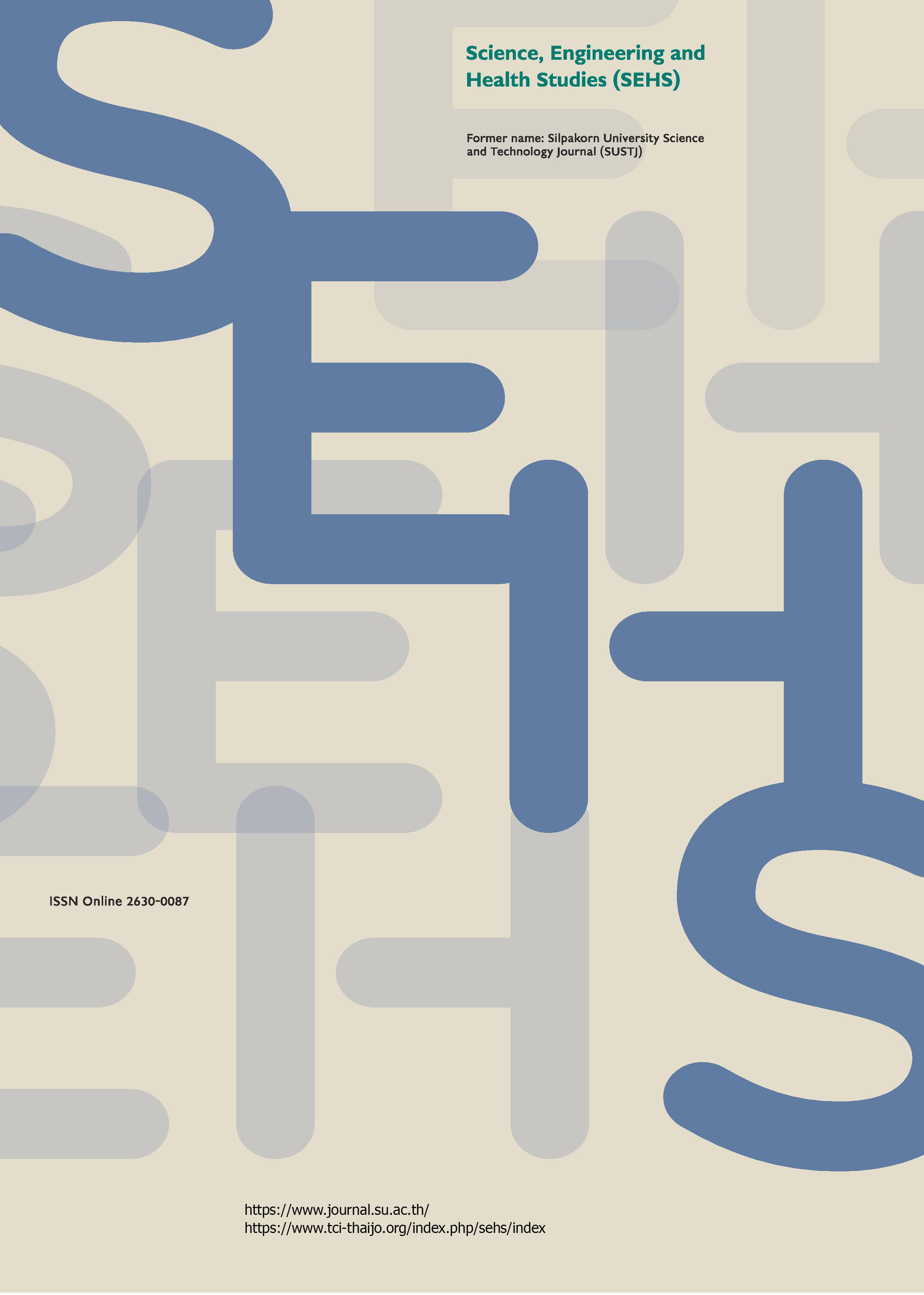Digital twin for decision support system of industrial utility management
Main Article Content
Abstract
Manufacturing and industrial operations rely heavily on energy that is generated mostly from fossil fuels, such as coal, oil, and natural gas, which harm the environment and contribute to climate change. Thus, renewable energy is being integrated into industrial processes to lessen environmental effects and reduce fossil fuel usage. However, the renewable source performance process can be greatly affected by disturbances and constraints, such as ambient air temperature and relative humidity, minimum utility consumption, and the total energy required, making effective control difficult. This study proposes a digital twin built with machine learning regression techniques for load demand forecasting as a decision-support system for industrial utility management. From the results, the ensemble tree (ET) model produced the highest accuracy, based on validation and test dataset root mean squared error values of 23.164 and 27.558, respectively, and R2 values of 0.96 and 0.95, respectively. The digital twin and load demand forecasting approaches effectively created an efficient operating schedule for industrial utility management. The ET model had a total error of 23.86%, substantially lower than the average load demand's total error of 65.29%. Therefore, the ET model with weather conditions in four scenarios could be recommended to optimize energy utilization when creating the operating schedule.
Downloads
Article Details

This work is licensed under a Creative Commons Attribution-NonCommercial-NoDerivatives 4.0 International License.
References
Ahmad, T., Chen, H., and Shah, W. A. (2019). Effective bulk energy consumption control and management for power utilities using artificial intelligence techniques under conventional and renewable energy resources. International Journal of Electrical Power & Energy Systems, 109, 242–258.
Aziz, A. S., Tajuddin, M. F. N., Zidane, T. E. K., Su, C.-L., Alrubaie, A. J. K., and Alwazzan, M. J. (2022). Techno-economic and environmental evaluation of PV/diesel/battery hybrid energy system using improved dispatch strategy. Energy Reports, 8, 6794–6814.
Chauhan, A., Upadhyay, S., Khan, M. T., Hussain, S. M. S., and Ustun, T. S. (2021). Performance investigation of a solar photovoltaic/diesel generator based hybrid system with cycle charging strategy using BBO algorithm. Sustainability, 13(14), 8048.
Chen, Y., Yang, O., Sampat, C., Bhalode, P., Ramachandran, R., and Ierapetritou, M. (2020). Digital twins in pharmaceutical and biopharmaceutical manufacturing: A literature review. Processes, 8(9), 1088.
Hasan, A., Hu, Z., Haghshenas, A., Karlsen, A., Alaliyat, S., and Cali, U. (2023). An interactive digital twin platform for offshore wind farms development. In Digital Twin Driven Intelligent Systems and Emerging Metaverse (Karaarslan, E., Aydin, Ö., Cali, Ü., and Challenger, M., Eds.), pp. 269–281. Gateway East, Singapore: Springer Nature.
Kotb, K. M., Elkadeem, M. R., Khalil, A., Imam, S. M., Hamada, M. A., Sharshir, S. W., and Dán, A. (2021). A fuzzy decision-making model for optimal design of solar, wind, diesel-based RO desalination integrating flow-battery and pumped-hydro storage: Case study in Baltim, Egypt. Energy Conversion and Management, 235, 113962.
Lan, H., Zhang, C., Hong, Y. Y., He, Y., and Wen, S. (2019). Day-ahead spatiotemporal solar irradiation forecasting using frequency-based hybrid principal component analysis and neural network. Applied Energy, 247, 389–402.
Nam, K., Hwangbo, S., and Yoo, C. (2020). A deep learning-based forecasting model for renewable energy scenarios to guide sustainable energy policy: A case study of Korea. Renewable and Sustainable Energy Reviews, 122, 109725.
Panjapornpon, C., Bardeeniz, S., and Hussain, M. A. (2023a). Improving energy efficiency prediction under aberrant measurement using deep compensation networks: A case study of petrochemical process. Energy, 263(C), 125837.
Panjapornpon, C., Bardeeniz, S., Hussain, M. A., Vongvirat, K., and Chuay-ock, C. (2023b). Energy efficiency and savings analysis with multirate sampling for petrochemical process using convolutional neural network-based transfer learning. Energy and AI, 14, 100258.
Rahbar, K., Mahmoud, S., Al-Dadah, R. K., Moazami, N., and Mirhadizadeh, S. A. (2017). Review of organic Rankine cycle for small-scale applications. Energy Conversion and Management, 134, 135–155.
Raza, M. Q., and Khosravi, A. (2015). A review on artificial intelligence based load demand forecasting techniques for smart grid and buildings. Renewable and Sustainable Energy Reviews, 50, 1352–1372.
Roslan, M. F., Hannan, M. A., Ker, P. J., Begum, R. A., Mahlia, T. I., and Dong, Z. Y. (2021). Scheduling controller for microgrids energy management system using optimization algorithm in achieving cost saving and emission reduction. Applied Energy, 292, 116883.
Sleiti, A. K., Kapat, J. S., and Vesely, L. (2022). Digital twin in energy industry: Proposed robust digital twin for power plant and other complex capital-intensive large engineering systems. Energy Reports, 8, 3704–3726.
Yu, W., Patros, P., Young, B., Klinac, E., and Walmsley, T. G. (2022). Energy digital twin technology for industrial energy management: Classification, challenges and future. Renewable and Sustainable Energy Reviews, 161, 112407.


